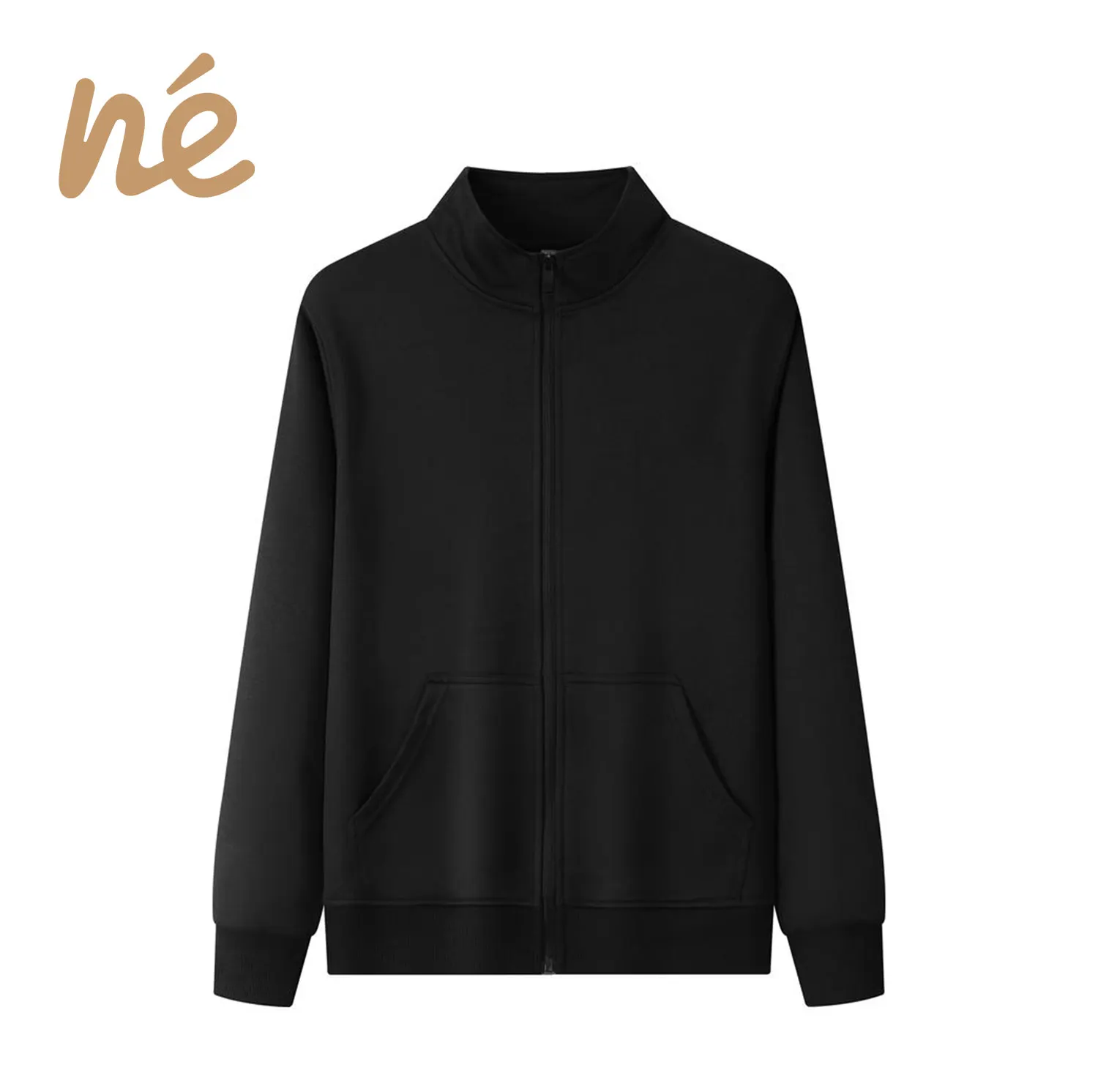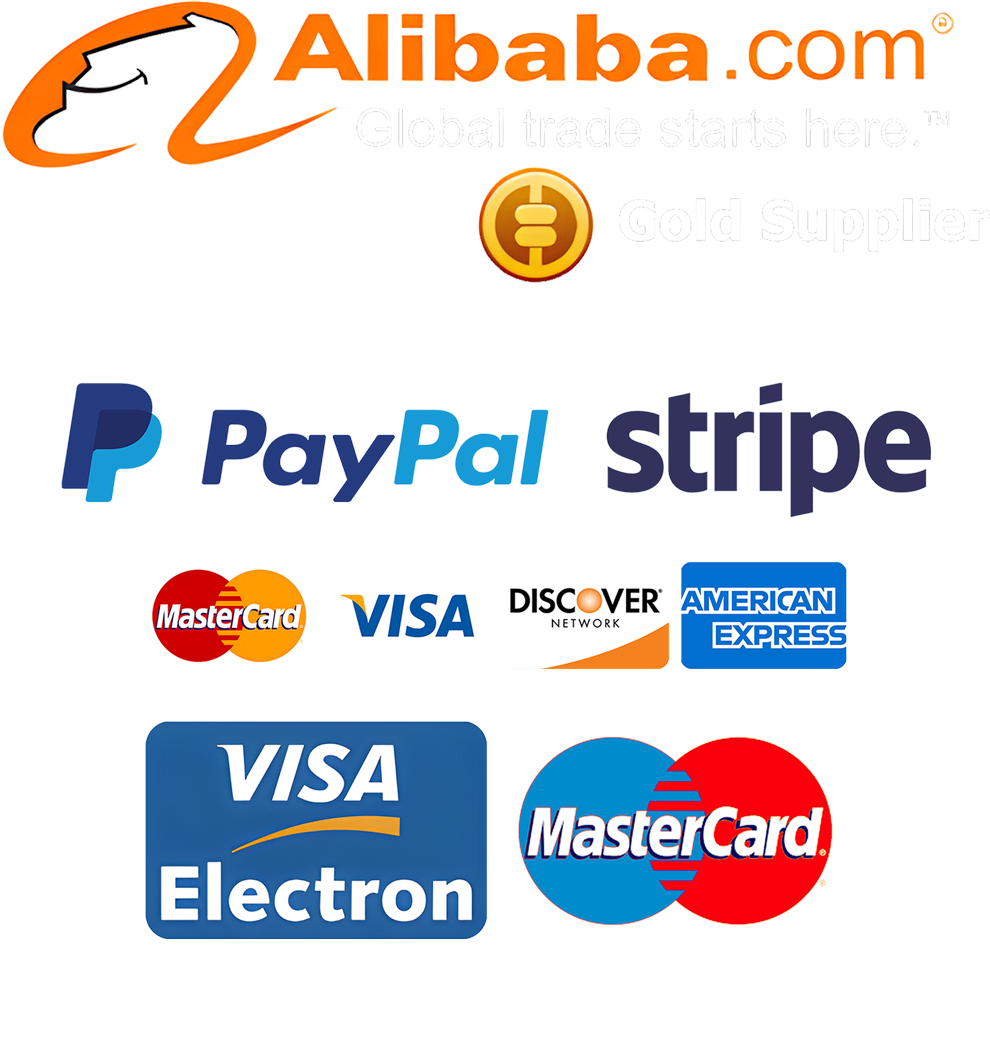Understanding the Importance of Clothing Manufacturer Certifications
Ensuring Product Quality and Safety
When it comes to clothes made by factories, having those official certifications matters a lot for showing if a business really cares about quality and safety. Most shoppers actually look for these marks before buying something new, maybe even close to seven out of ten people check for them first. Getting certified means the factory follows good manufacturing habits across the board, which cuts down on faulty items ending up in stores and keeps customers happy when they wear the clothes. Another plus side is that companies with proper certifications tend to pay less for their insurance coverage since insurers see them as lower risk because they stick to safety rules. Lower insurance bills give manufacturers another reason to keep following those standards, so overall we end up with better protection for everyone involved in making our everyday apparel.
Upholding Ethical Labor Practices
When it comes to ethical labor practices, certifications play a big role in making sure workers get paid fairly and work in safe environments. We're talking about something really important here because according to the International Labour Organization, roughly 25 million people around the world are affected by forced labor situations. Companies that go through the certification process show they care about worker rights, which matters a lot to shoppers who want to spend money on brands with good ethics. People tend to stick with these kinds of companies longer since they feel better about supporting businesses that treat workers right. For manufacturers, getting certified means protecting their own staff while standing out from competitors who haven't made this commitment. As more customers look for products made under ethical conditions, certified manufacturers find themselves in a stronger position both reputation-wise and when building lasting relationships with clients over time.
Essential Quality and Safety Certifications for Clothing Manufacturers
ISO 9001 for Quality Management
Getting ISO 9001 certified helps clothing manufacturers set up proper Quality Management Systems (QMS). The standard is recognized worldwide and basically tells customers that a factory cares about maintaining good quality control throughout production, which builds trust and keeps the brand looking reliable. Some studies point out that companies going through this certification often see around 20% better performance when it comes to how efficiently they run their operations. Better efficiency means less wasted materials and higher production numbers, both things that matter a lot in the competitive world of fashion manufacturing where trends change so quickly. When manufacturers stick to these consistent quality standards, they gain credibility in the marketplace while bringing their operations closer to what top performers do globally. This approach supports sustainable practices too and ultimately leads to happier customers who keep coming back for products that meet expectations.
OEKO-TEX Standard 100 for Material Safety
The OEKO-TEX Standard 100 basically guarantees that fabrics don't contain any dangerous chemicals, making it a go-to standard for safe materials. Around 18 thousand companies across 100 different countries now carry this certification. For eco minded shoppers, seeing this label signals that a company cares about safety, and that helps products stand out in crowded markets. Some studies suggest that getting certified could boost sales by roughly 15%, since people tend to put more faith in products they know are tested for harmful stuff. Getting an OEKO-TEX certification gives brands something extra when competing against others trying to reach health aware customers. It makes products more attractive while building trust in the brand itself over time.
SA8000 for Social Accountability
SA8000 stands out as one of the top international standards when it comes to holding companies accountable for their social impact throughout supply chains, making real changes in how workers are treated. The standard focuses on important issues like stopping child labor, preventing forced labor situations, improving workplace safety conditions, and fighting against discrimination in hiring practices. Research indicates companies that adopt SA8000 typically see around a 30% drop in staff leaving the company. Lower turnover means big money saved for businesses while keeping production levels steady too. When factories get certified under SA8000, they show they care about running ethical operations, something that matters a lot to today's shoppers who want to know what kind of treatment their clothes went through before reaching store shelves. For textile producers especially, getting behind SA8000 makes sense if they want to match what modern customers expect from brands that operate fairly and keep things open about their manufacturing processes.
Fair Trade Certification
Fair Trade Certification plays a big role in making sure workers get paid fairly and helping communities develop sustainably across the whole supply chain. Producers from poorer areas typically see better pay when their goods carry this label. Looking at market trends, we find that products with Fair Trade certification often sell for more money, which means bigger profits for companies selling them. What's interesting too is how this certification helps build trust between brands and customers because it shows genuine concern for doing business ethically. When people know a company cares about these issues, they tend to stick with that brand longer and buy again later on. More shoppers today want to support businesses that stand for something good socially and environmentally. So getting certified isn't just about looking good anymore it actually gives manufacturers a real edge in markets where ethics matter more than ever before.
Sustainability Certifications to Prioritize
Global Organic Textile Standard (GOTS)
GOTS stands as one of the most important certifications out there for making organic textiles, covering everything from environmental impact to worker conditions. What makes GOTS special is how it covers all steps in textile production, right from when those raw fibers get harvested until products actually reach stores around the world. Recent market research shows something interesting happening too brands certified under GOTS standards have seen about 10 percent growth each year within their organic fabric lines, probably because more people want clothes made sustainably these days. Getting GOTS certified isn't just good for the planet though it also helps companies stand out against other makers while appealing directly to shoppers who really care about where their clothes come from and what kind of practices went into creating them.
Recycled Claim Standard (RCS)
The Recycled Claim Standard (RCS) plays an important role when it comes to checking how much recycled material actually goes into products, which helps move us toward a circular economy. What makes this certification valuable is that it doesn't just verify claims but encourages companies to get serious about green manufacturing practices and show real commitment to protecting our environment. Looking at current market trends, experts predict the sustainable product sector could reach around $411 billion by 2027. That means there's huge potential out there for businesses holding RCS certification to capitalize on growing consumer interest. When manufacturers stick to these standards, they demonstrate genuine dedication to sustainability something that really resonates with customers increasingly focused on making environmentally friendly purchases.
Navigating International Compliance Requirements
Businesses across various industries are now dealing with increased pressure to show they're operating ethically, especially since the UK Modern Slavery Act came into force. The law requires companies to report what they've done to tackle forced labor in their supply chains, which has definitely raised the bar for transparency requirements. Companies that don't follow these rules risk getting hit with serious fines, so manufacturers have started making changes to ensure their operations meet ethical standards. Beyond just avoiding legal trouble, compliance with the Act actually works wonders for brand image. Customers nowadays care deeply about where products come from and how they're made. They tend to support companies that openly share information about their supply chain practices and show genuine commitment to responsible business conduct.
Germany's Supply Chain Due Diligence Act requires businesses to tackle human rights issues throughout their supply chains. Under this legislation, manufacturers must actually do something about these problems instead of just ignoring them, which affects countless supply networks around the world. When companies put real effort into following this law, they dodge potential penalties while showing genuine dedication to running ethical operations. Sustainability isn't just buzzword anymore for most consumers who care deeply about how products get made. Looking at recent market trends, ethical sourcing matters more than ever before. As factories adjust to meet these global standards, they safeguard their own interests while helping create a better behaved industrial sector overall.

How to Verify Clothing Manufacturer Certifications
Conducting Third-Party Audits
Third party audits play a key role when checking if clothing manufacturers actually meet their claimed certifications. What these independent checks really do is look at how well factories follow various standards for things like worker safety, environmental impact, and product quality. According to some recent data from the sector, around four out of five businesses that get regular outside audits tend to show better compliance overall. The process itself can spot problems nobody else notices, like missing documentation or inconsistent practices across different production lines. When companies bring in external auditors instead of relying solely on self assessments, they create real accountability mechanisms. This matters because without proper oversight, certification labels lose meaning fast. Stakeholders want proof that ethical claims aren't just marketing talk but actual practices happening on factory floors day after day.
Monitoring Certification Expiry Dates
Keeping track of when certifications expire matters a lot for manufacturers who want to stay within the rules of their industry. If companies forget about expiring certs, they end up risking serious problems for their brand reputation. That's why lots of businesses now rely on subscription management software to handle all those dates. These systems send automatic reminders when renewals are coming due, so nobody misses them. Some companies go one step further by creating separate alert systems just for managers. This extra layer helps keep everything running smoothly without any compliance hiccups, which ultimately builds better consumer trust in what they sell.
Benefits of Partnering with Certified Clothing Manufacturers
Building Consumer Trust Through Transparency
Working with certified clothing makers really matters for brands wanting to earn consumer trust through being open about their processes. When a company gets certified, it basically tells customers they're serious about keeping things ethical and running their operations transparently. People notice this stuff. The Nielsen report from last year showed something interesting too: around two thirds of shoppers worldwide actually want to spend extra bucks on brands that care about sustainability. Makes sense when we think about what people value these days. So when brands team up with those certified manufacturers, they don't just look better on paper. Real customers start to take notice, especially the ones who care deeply about environmental issues. These folks tend to stick with companies that show genuine transparency rather than just talking about it.
Gaining Competitive Advantage in the Market
Manufacturers who hold certifications give companies a real leg up these days. These certifications let brands tell customers their products aren't just good quality stuff but actually made under ethical conditions too. People shopping around nowadays care way more about where things come from, picking items that match their green ideals and concerns about fair manufacturing. Look at the numbers: businesses that highlight their sustainability efforts see sales jump by around 20 percent. That shows just how valuable having those certifications really is. Beyond attracting folks worried about the environment, this approach helps build stronger brand identities when there's so much competition out there, making certified companies stand out as pioneers in responsible business practices.
FAQ
Why are clothing manufacturer certifications important?
Clothing manufacturer certifications are important because they ensure product quality and safety, uphold ethical labor practices, and help manufacturers gain a competitive advantage.
What are some key certifications for clothing manufacturers?
Some key certifications include ISO 9001 for quality management, OEKO-TEX Standard 100 for material safety, SA8000 for social accountability, and Fair Trade Certification.
How can clothing manufacturers verify their certifications?
Manufacturers can verify their certifications by conducting third-party audits and monitoring certification expiry dates to ensure compliance.
What benefits do certified clothing manufacturers offer?
Certified clothing manufacturers offer benefits such as building consumer trust through transparency and gaining a competitive advantage in the market.
Table of Contents
- Understanding the Importance of Clothing Manufacturer Certifications
- Essential Quality and Safety Certifications for Clothing Manufacturers
- SA8000 for Social Accountability
- Fair Trade Certification
- Sustainability Certifications to Prioritize
- Navigating International Compliance Requirements
- How to Verify Clothing Manufacturer Certifications
- Benefits of Partnering with Certified Clothing Manufacturers
- FAQ



